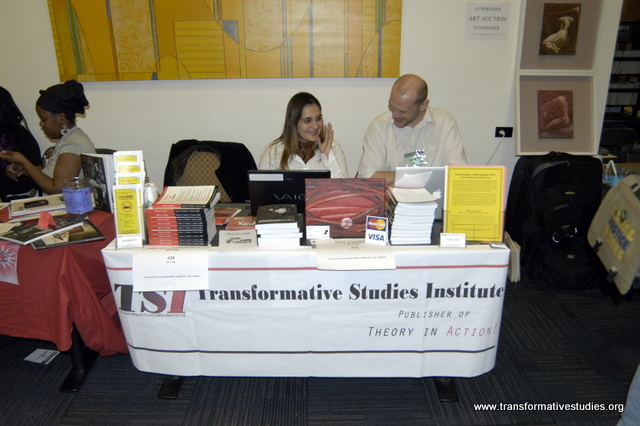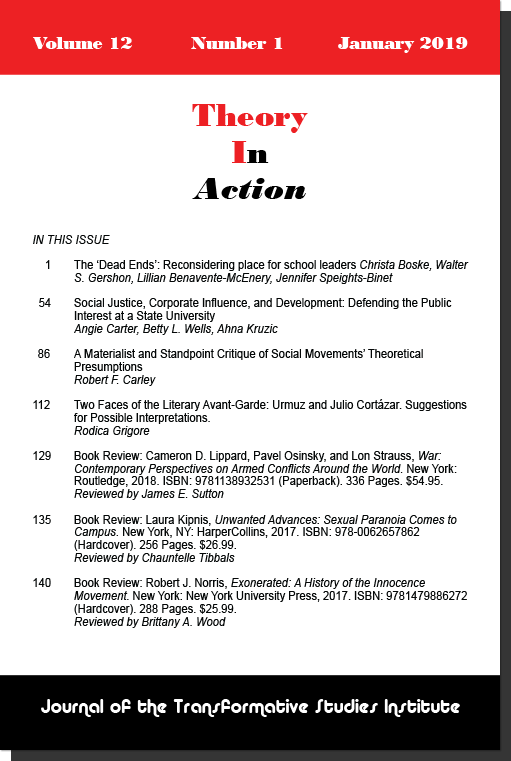A graduate of our program is, first and foremost, a scholar—a person dedicated to the acquisition, advancement and transmission of knowledge in the pursuit of social justice. The Ph.D. requires the completion of 60 credits, obtaining an average of B or better in the required core courses, passing one written and one oral exam, meeting a foreign language requirement, successful completion of an apprenticeship, and writing and successfully defending a dissertation.
Courses
The 60 credits include 15 credits in required courses with an average of B or better (Classical Theory, Contemporary Theory, Research Methods, Social Advocacy, and Principles and Application of Ecological Theory), 24 credits in the student’s concentration, and 21 elective credits in any of the other concentrations.
The apprenticeship
Students will work as an apprentice for 1680 hours to be spread evenly throughout no less than three years which is the average time required to complete the course work. Students select a mentor from the faculty under whose supervision they complete the apprenticeship. In essence, students will be learning by doing alongside their mentor.
First Examination
The written examination consists of two parts, Classical and Contemporary Theory. Students may take the written examinations at any time, but may continue in the doctoral program after completing 45 credits only if they have passed these examinations.
Foreign Language
The student must demonstrate a reading knowledge of one foreign language to be chosen with the approval of the program director.
Oral Examination
After fulfilling all course requirements, the student will take an oral comprehensive examination. The examination tests the student’s advanced theoretical understanding and research competence in three specialty areas selected in consultation with the student’s dissertation committee.
Dissertation
Shortly before or after taking the Oral Examination, the student prepares a proposal under the supervision of a dissertation committee, consisting of a sponsor and two other faculty members. Upon the recommendation of the student’s committee, the student defends the completed dissertation at an oral examination.
COURSE OF STUDY
In their first year, students usually take four of the required courses.
In their first or second year, students take the written exam on classical and contemporary theory. If students take the exam before they have accumulated 30 credits, they can re-take it without penalty if they fail. If they take it after they have 30 credits, they can take it twice.
Students move to level II after passing the first exam, accumulated 45 credits, and have completed the five required courses with an average grade of B or better. At level II, they take an oral exam in three comprehensive areas. Students select three professors to work with in preparing for the oral exam, submitting bibliographies to them and negotiating over the boundaries of the areas to be covered. Students also need to pass the foreign language requirement. Once students have passed the oral exam, have accumulated 60 credits, and have passed the language exam, they then select their dissertation committee and select a dissertation topic. They are now ready to move to Level III.
Once students are at Level III, they are officially advanced to candidacy. Students can apply for the M.Phil. degree at this stage. They are now ready to begin their research starting with writing a proposal, having it approved, and then writing the dissertation. Students select their own dissertation committees. The committee must approve the student’s proposal and then begins the actual writing of the dissertation. On completion of the apprenticeship, the dissertation, and a successful dissertation defense, the student receives the Ph.D.











